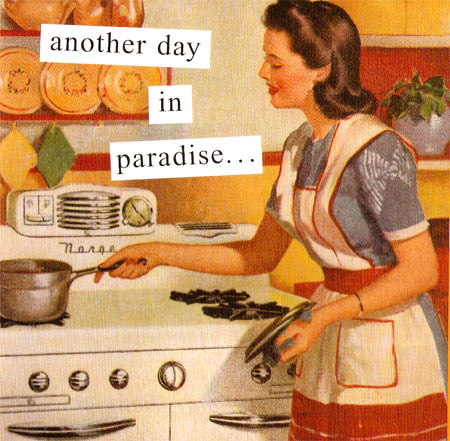Romanticizing Times of Oppression: A History of Ignorance

Image Source: The Rocky Mountain Collegian
October 15, 2021
What comes to mind when you think of the 1920s-1950s?
The answers may vary, but for the most part, many would look to the Great Gatsby for inspiration. Old money, glamorous parties, elegant flappers, jazzy music, and jubilant balls are all that come to mind when considering what times were like during the early years of the 20th century. But is this the whole truth?
History, as we know it, is not a one-sided story, and often encompasses many different perspectives that belong to a whole population of different people. So what’s the reality? Well, the 20s were also a time that still upheld racial segregation and apartheid. African American citizens faced race riots on a daily and were the constant subjects of violent lynchings. It was only in the latter half of this year that white women even received the right to vote. Indeed, the kick-off to the roaring twenties was far less jovial than what’s often taken into consideration. This period, for as glamorous as it was for some, was certainly frightful and dangerous for others.
Think back to the 50s: what screams vintage more than old Hollywood, drive-in diners, old-fashioned milkshakes, greasers, sock-hops, and poodle skirts? While the period is classically associated with Randal Kleiser’s, Grease, various gender, and race-related inequalities still resonate more deeply than what is often considered. Women were condemned to the housewife stereotype and were perceived only as homemakers. Very few of them were given access to education, especially women of color who still did not have the right to vote (this would not be granted until 1965. Segregation, to no surprise, was still prevalent in society and continued to put minorities at a disadvantage in the job and housing market among other things. To put things into perspective, it was still LEGAL to deny housing to black Americans due to their skin color. In short, while the movies may portray life at this time to be a musical where teens sing and dance around, the reality was far from that.
So what does this mean? Should we stop reminiscing about past times? The short answer: No. It would be absurd to overlook all the good developments that came from this era, as well as ignore iconic fashion, trends, and sentiments. These times can always be looked at for their iconic apparel, music, commodities, and styles- the grave problem only arises when we begin to ignore the ugly parts of our history. This type of erasure is detrimental to modern society today because many will never come to learn from past mistakes. While there is nothing wrong with admiring past styles, we must draw a line at the point of romanticization. There is nothing inherently amazing about a time where white men were the only people with rights.
As they say, history is forgotten. Romanticizing times of oppression by ignoring the reality behind styles and trends of the 20s-50s paves the way for future conflict because we are blinded to past faults. As news headlines in the 21st century are repeatedly flushed with headlines of hate and tragedy, one must look back to the wrongdoings of the past to see where we can go forward with the future to do better.


